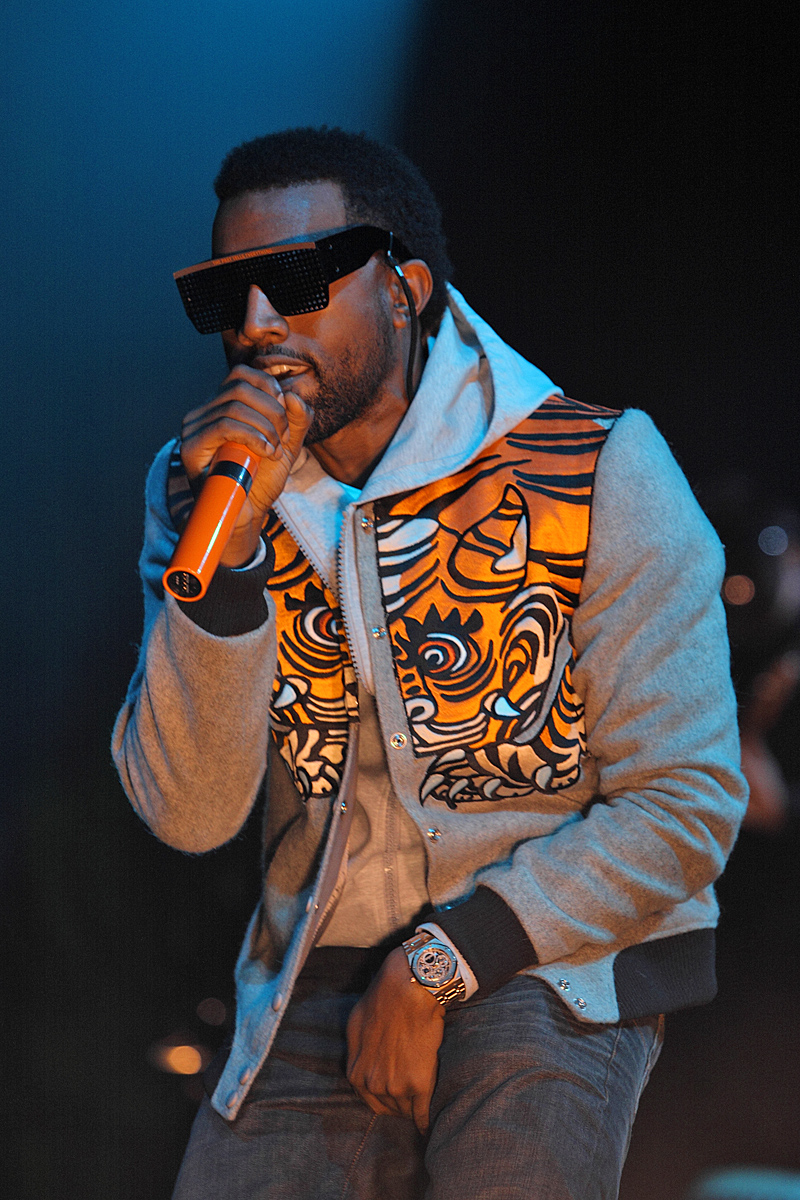Kanye West has won the appeal
of a dismissal of a copyright case filed against him by producer Vincent
Peters.
In Vince
Peters, p/k/a “Vince P.” v. Kanye West, et al., recording artist Kanye West
and music companies Roc-A-Fella Records, LLC and UMG Recordings, Inc. had been
accused of copyright infringement involving West’s Grammy Award-winning
song Stronger.
Peters alleged that they had infringed his copyright by copying
portions of Peters' song Stronger, including the well known maxim
“that which does not kill me makes me stronger.”
Defense counsel moved
to dismiss the case on the grounds that there were no protectable similarities
between the two songs at issue.
The District Court of
the Northern District of Illinois agreed and granted West's motion to dismiss
on March 9, 2011.
The Court also
rejected Vince P.’s argument that the original combination of the five words
and phrases was protectable.
Lastly, the Court
reviewed the two sets of lyrics and determined that lyrics were not
substantially similar, and that, “just as a photographer can not claim
copyright in the use of a particular aperture and exposure setting,” a common
rhyme scheme does not qualify as original expression.
On August 20, 2012, in
a decision written by Judge Wood, the U.S. Court of Appeals for the Seventh
Circuit affirmed the District Court's decision, finding that none of the
allegedly similar words and phrases contained in the songs were protectable
under copyright law.
The District Court had noted that
the phrase was a hackneyed one, tracing it back to 19th century German
philosopher, Friedrich Nietzsche:
"Although
the fact that both songs quote from a 19th century German philosopher might, at
first blush, seem to be an unusual coincidence, West correctly notes that the
aphorism has been repeatedly invoked in song lyrics over the past
century."





